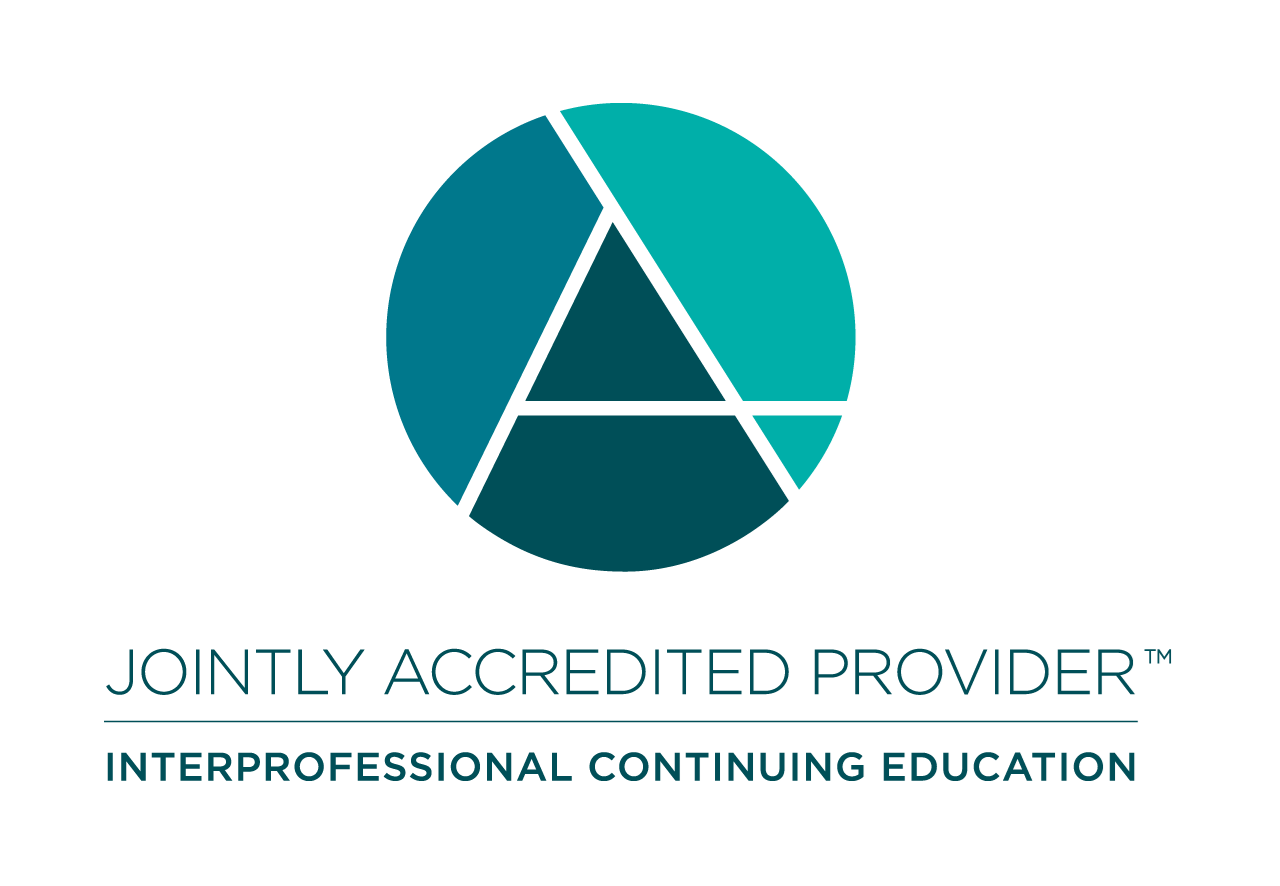Developing Leaders for a Healthier Future: Innovative Approaches From Leading Health Systems
The role of U.S. health systems in broader society is evolving rapidly, with the pandemic only accelerating this pace. Expanding beyond concerns about healthcare quality, cost and access, health systems are trending toward a greater focus on the health and well-being of their workforce and of the communities they serve. Anchor mission and related movements are drawing increased attention to not only care quality and efficiency but also how health system resources are being marshalled to address the equity and justice issues that have stood in the way of better health for generations. Taken together, these demands are requiring new capabilities of healthcare leaders, new definitions of who these leaders are, and new approaches to developing and supporting them.
This engaging session will provide participants with a closer look at the evolving future of healthcare leadership development across leading university and health system settings. The session will be introduced by Andrew Garman, a professor at Rush University, who will overview long-term, macro-level trends in health system leadership as well as the current state of the science in leadership development. During this introductory section, participants will be encouraged to respond (by hand or electronically) to several practice-based questions, giving everyone a quick, high-level assessment of current strengths and gaps. He will then introduce two panelists, both of whom are from leading health systems that have been nationally recognized for their leadership development work. Gina Cronin, chief talent officer, will share Cleveland Clinic’s talent development goals for the coming years, placing special emphasis on inclusive leadership to decrease the leader diversity gap, more effectively source for minority talent, increase city of Cleveland hires into meaningful pathways to family sustaining wages, and career coaching. Marguerite Samms, assistant vice president, leadership development, will describe Intermountain Healthcare’s holistic approach to developing and supporting leadership at all levels, including how its views on leadership needs and effectiveness have themselves been evolving. The session will conclude with audience Q&A about leadership development challenges participants may be facing within their own organizations and insights they can take back with them from the session.
Learning Objectives:
- Understand the patient-centered care model and how it relates to improving relationships between caregivers and patients, provision of care and system features.
- Name the four most important ways your buildings impact care delivery and when you need to discuss them with your architect.
Speakers:
Andrew N. Garman, PsyD
Professor, Rush University
Gina M. Cronin, FACHE
Chief Talent Officer, The Cleveland Clinic Health System
Marguerite Samms
Assistant Vice President, Leadership Development, Intermountain Healthcare
This session was originally presented at the 2022 Congress on Healthcare Leadership.
Continuing Education Credit
ACHE Qualifying Education Credit
This recording is eligible for 1 ACHE Qualifying Education credit.
ACHE Education credits will be automatically updated in your My ACHE account upon completion of the recording.
Interprofessional Continuing Education Credit
In support of improving patient care, the American College of Healthcare Executives is jointly accredited by the Accreditation Council for Continuing Medical Education (ACCME), the Accreditation Council for Pharmacy Education (ACPE), the American Nurses Credentialing Center (ANCC), and the American Academy of PAs (AAPA) to provide continuing education for the healthcare team.
This activity was planned by and for the healthcare team, and learners will receive a maximum of 1 Interprofessional Continuing Education (IPCE) credit for learning and change. For further information about Joint Accreditation credits and certificates, please click here.
Physician Continuing Medical Education
The American College of Healthcare Executives (ACHE) designates this live activity for a maximum of 1 AMA PRA Category 1 Credits™. Physicians should claim only the credit commensurate with the extent of their participation in the activity.
Continuing Nursing Education
The American College of Healthcare Executives designates this live activity for a maximum of 1 contact hours of continuing nursing education.
Continuing Pharmacy Education
The American College of Healthcare Executives designates this knowledge-based activity for a maximum 1 contact hours of continuing pharmacy education credit.
Continuing Social Work Education
The American College of Healthcare Executives designates this knowledge-based activity for a maximum 1 contact hours of continuing social work education credit.
Continuing Education for Dietitians
The American College of Healthcare Executives designates this knowledge-based activity for a maximum 1 contact hours of continuing education credit for Registered Dietitians and Dietetic Technicians, Registered. RDs and DTRs should enter activities offered by jointly accredited providers as type 102 on Professional Development Portfolio (PDP) activity logs. CPEUs awarded must be commensurate with participation in the activity.
Physician Associate/Physician Assistant Continuing Education
The American College of Healthcare Executives has been authorized by the American Academy of PAs (AAPA) to award AAPA Category 1 CME credit for activities planned in accordance with AAPA CME Criteria. This activity is designated for a maximum of 1 AAPA Category 1 CME credits. PAs should only claim credit commensurate with the extent of their participation.




